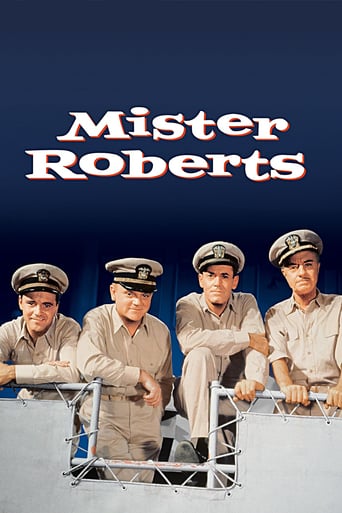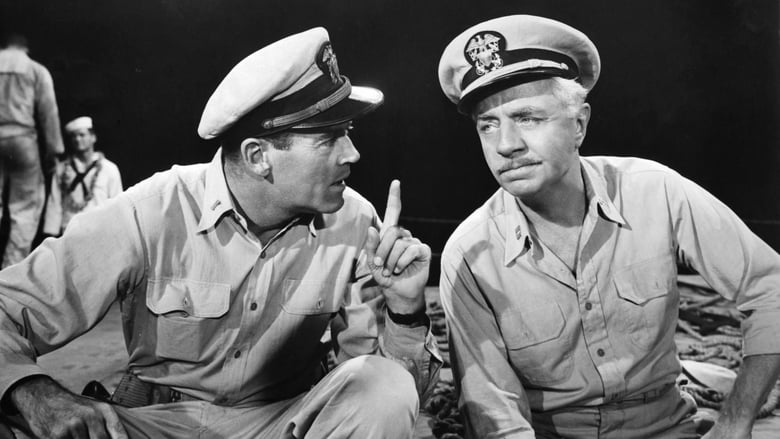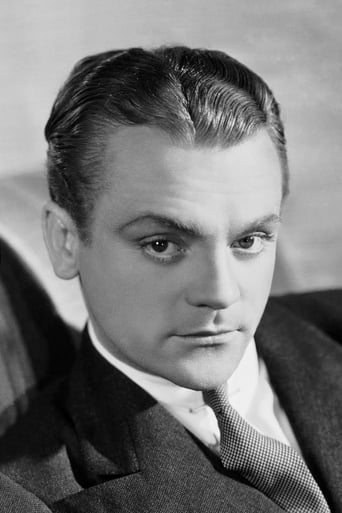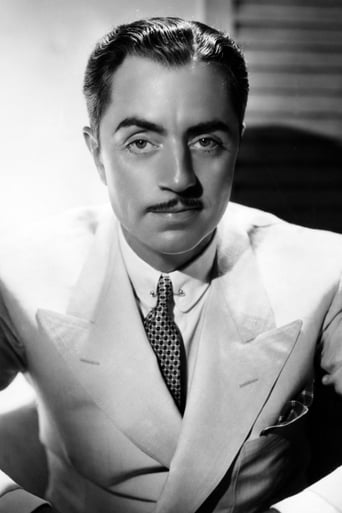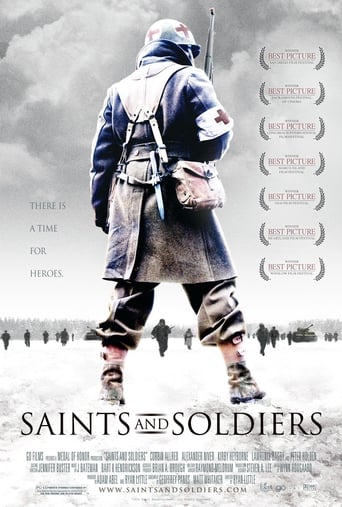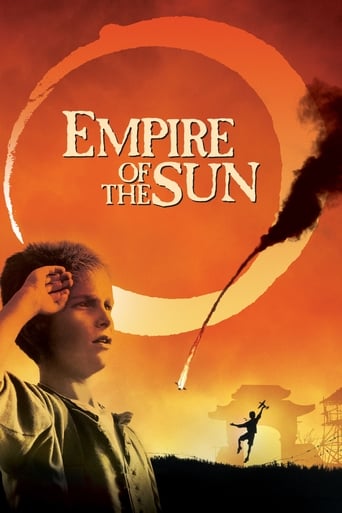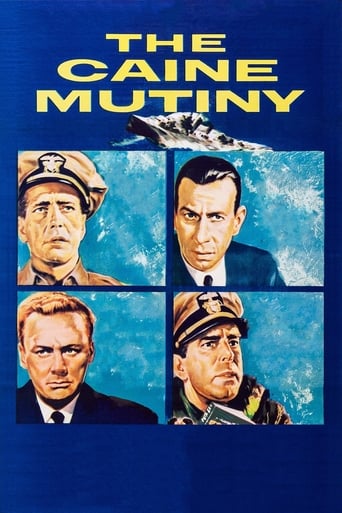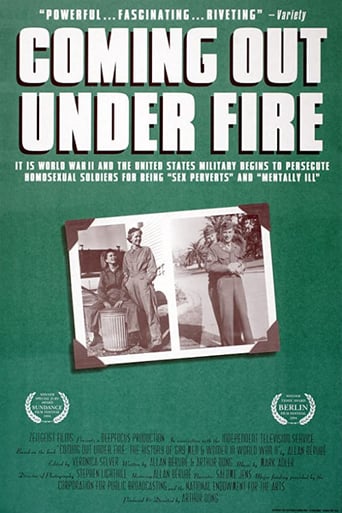Mister Roberts (1955)
Mr. Roberts is a Navy officer who's yearning for battle but is stuck in the backwaters of World War II on a non-commissioned ship run by the bullying Captain Morton.
Watch Trailer
Free Trial Channels
Cast


Similar titles
Reviews
Gripping story with well-crafted characters
Absolutely Fantastic
a film so unique, intoxicating and bizarre that it not only demands another viewing, but is also forgivable as a satirical comedy where the jokes eventually take the back seat.
The movie is wonderful and true, an act of love in all its contradictions and complexity
This movie is really a good one, with great actors that we know already. The story of a crew of navy men during the WW 2 on the Pacific Ocean that try to have fun but the captain of the ship doesn't want to hear a thing. Lt. Roberts, played by Fonda, tries to convince his superior to give them the chance to have a permission for 24 hours. Pulver, played by Lemmon, is a real troublemaker and a man who desperately wants to meet the girls on shore. Roberts tries as well to join the front because he's tired of boredom. As the movie goes through the end, a tragic event makes the crew and especially Pulver astonished by reading the letter of a friend of his. Frustated, Pulver finishes the job where Roberts started....
The action takes place in 1945, in the "waning days" of World War II. The "Mister Roberts" of the title is Lieutenant Douglas Roberts, cargo officer aboard the United States Navy cargo ship "Reluctant". The ship's work of keeping the Navy supplied is vital to the war effort and Roberts performs his duties conscientiously and well, but he is dissatisfied with life. This is partly due to the fact that he longs to see combat action, which he regards as a more exciting and honourable, if more dangerous, form of service, and the "Reluctant's" work keeps her well away from the actual fighting. It is also, however, partly due to a personality clash between Roberts and the ship's captain, Lieutenant Commander Morton.Roberts is not the only person with whom Morton clashes. Indeed, he seems to have a personality clash not only with Roberts but with the whole of his crew (and probably with most of the human race).He is an unpopular martinet, obsessed with maintaining strict discipline and imposing harsh punishments for minor infractions of the rules. He is also obsessed with trying to promote his own career by sucking up to the top brass; a palm tree presented to him by an Admiral as a reward for his crew's performance plays an important role in the plot. Roberts has made several requests for a transfer to another ship but all have been rejected after Morton refused to endorse them, not because he is desperate to keep Roberts as part of his crew but because he is anxious to do a bad turn to a man he dislikes. Much of Morton's dislike of Roberts is rooted in inverted snobbery; he is of working-class origin, and at one time worked as a waiter, and resents the educated middle classes, to which Roberts belongs, for the condescending way in which they treated him. In some ways, Morton reminded me of Humphrey Bogart's Captain Queeg in "The Caine Mutiny", another film from the mid fifties about a tyrannical wartime naval captain. The main difference is that "The Caine Mutiny" is a serious drama whereas "Mister Roberts" is, generally, a comedy. For most of its length the film is played for laughs with Morton as a figure of fun; the crew flirt with pretty nurses, run riot during a long- delayed shore leave on a Pacific island and spend most of their time trying to do as little work as possible and to get around their hated captain's regulations. One officer, Ensign Pulver, spends most of his time idling in his bunk. Only towards the end does the tone of the film become more serious. Henry Fonda, as Roberts, plays his role competently enough, but I still felt he was miscast. In 1955 he would have been 50 years old, too old for a junior officer, and I felt that the role should have gone to a significantly younger man. The studio (Warner Bros.) apparently would have preferred either William Holden (13 years younger) or Marlon Brando (19 years younger) but were overruled by director John Ford who insisted on Fonda. In the event this proved to be an error on Ford's part as he and Fonda repeatedly clashed on set, even though they had previously worked together on "Fort Apache". Ford also clashed with another of the film's stars, James Cagney. This was to be one of the reasons (health problems were another) why Ford was replaced as director midway through filming by Mervyn LeRoy. (Both men were credited). Jack Lemmon rather surprisingly received the 1955 Academy Award for Best Supporting Actor for his role as Pulver. I say "surprisingly" because, although there is nothing particularly bad about his performance, he was up against a much better one from Sal Mineo in "Rebel without a Cause". William Powell (acting in his last film, although he was to live for another three decades) is good as the kindly ship's doctor, but the best performance comes from Cagney as the bullying Morton, in my view better here than in "Love Me or Leave Me" for which he received an Oscar nomination in the same year. The film itself was nominated for "Best Picture", a nomination which looks odd when one considers that movies as great as "Rebel without a Cause", "East of Eden" and "Bad Day at Black Rock" were overlooked. This strikes me as an example of two potentially good films being incongruously joined together to produce, if not a bad one, then a mediocre one. It would have been quite possible to produce a good comedy about a wartime naval crew's battles against an unpopular captain. It would have been equally possible to produce a serious wartime drama about a naval officer who yearns for a transfer to an active combat role, despite the increased risk to his personal safety. Trying to combine both stories in a single tragi-comedy evidently proved more difficult. Comic relief can be an effective device in a predominantly serious play or film. The trouble with "Mister Roberts" is that it tries to do the opposite, introducing tragic relief into an essentially comic film, and the result is that the final scenes strike a jarring note indeed. 6/10
Mervyn Leroy & John Ford directed this hit comedy based on the successful stage play that stars Henry Fonda as Lt. Doug Roberts, who is stationed on a cargo ship in the Pacific during WWII. He desperately wants to see some action, but the tyrannical Captain(played by James Cagney) refuses to grant his transfer request. William Powell plays the Doctor, a fellow Lt. who offers Roberts friendship and sympathy. They are both amused by timid Ensign Pulver(played by Jack Lemmon, who won a best supporting actor Academy Award) who has many schemes to avoid both work, and a confrontation with the Captain, which of course is inevitable... Reasonably funny film with good performances does go on too long and isn't always credible, but is still enjoyable enough as a diversion.
If one has ever read the novel " Mr. Roberts " then seen the movie of that same name, they would see very little difference in the film version. Henry Fonda has the featured part which is played well against the antagonist, James Cagney, who has an equally memorable role. The story is about an idealist young Lt. JG named Douglas A. 'Doug' Roberts. Although he serves as Cargo Officer aboard a transport vessel, he secretly yearns to see real 'action' aboard a actual naval ship, preferably a warship. However, his commanding Officer, one Captain Morton (James Cagney) realizes Robert's dream of transferring to other duties, but spitefully chooses to keep him in his unhappy position. The men aboard ship, which includes (William Powell, in his last film), Jack Lemmon and Ward Bond as Chief Petty Officer Dowdy, admire Roberts and decided to help him with a secret plan. The movie itself is a wonderful, but dramatic portrayal of naval personal who dream of going into action, despite the risks associated with their decisions. The audience should be prepared for some tender and poignant pathos. Recommended to all Fonda and Lemmon fans. ****

